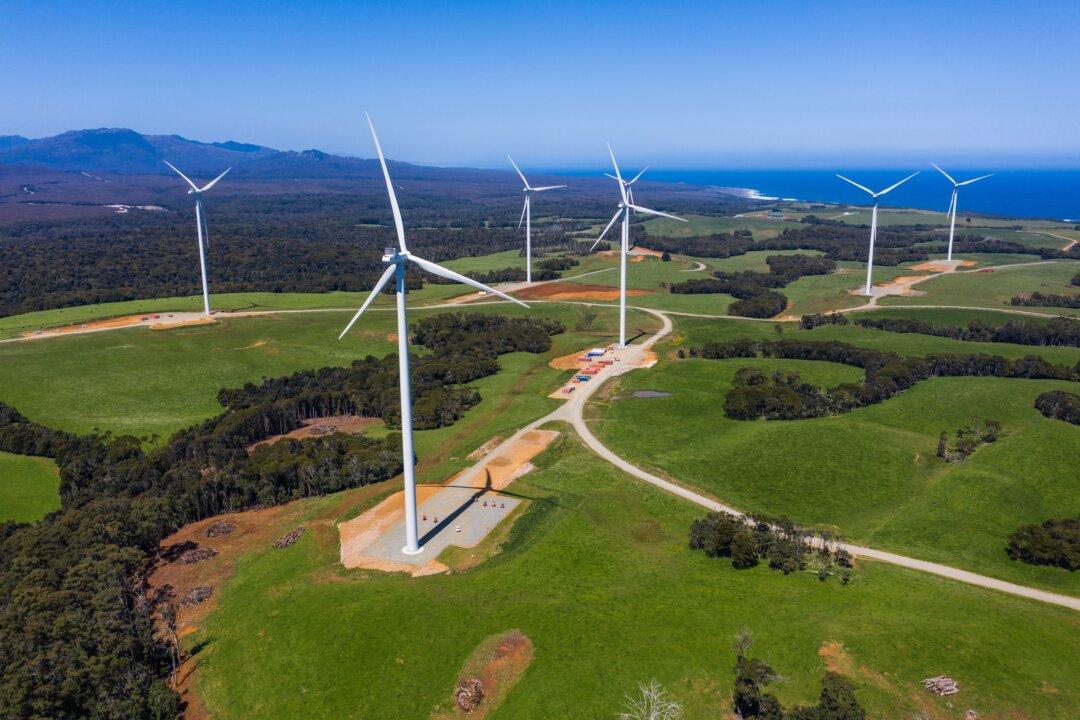One of the world’s largest “alternative” asset managers, Brookfield has lobbed an $18.4 billion (US$11.82 billion) takeover of one of Australia’s largest energy suppliers in a move likely to hasten the country’s net zero push.
Headquartered in Toronto, Brookfield Asset Management has put a combined bid along with its affiliates to buy out Sydney-based Origin Energy at $9.00 per share, a 54.9 percent premium on its share price on Nov. 9.





